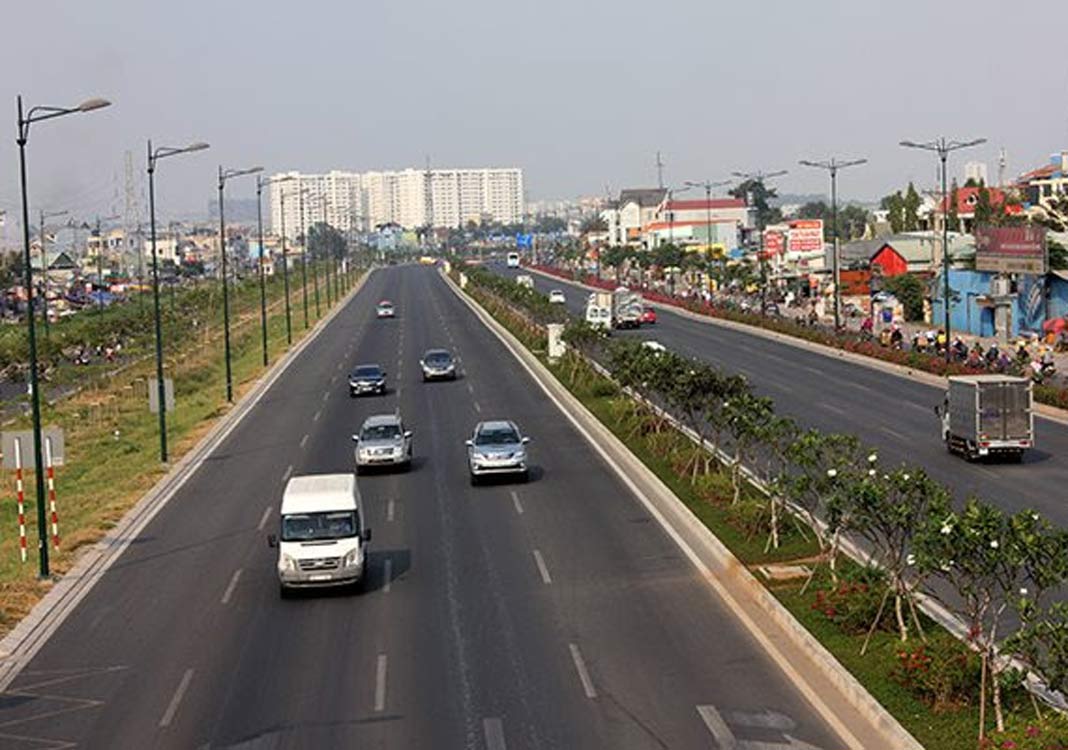HCMC – HCMC anticipates difficulties in calling for investments next year when the public-private partnership (PPP) law comes into force, as the build-transfer (BT) format will be eliminated and minimum investments will have to be VND200 billion.
The HCMC Department of Planning and Investment held a working session with the HCMC People’s Council on July 3.
At the session, the department stated that the city currently has 22 PPP contracts signed with investors worth over VND64.2 trillion in total. Besides, 166 projects whose combined capital is over VND324 trillion are undergoing investment procedures, while 293 projects in various fields are seeking investments.
Tran Anh Tuan, deputy director of the department, said that with the PPP law taking effect early next year, HCMC will face difficulties in seeking investments for projects such as anti-flood, tidal flood control, government office construction and relocation of households living along canals.
According to Tuan, HCMC will have fewer PPP projects and it will be hard to assign districts to call for investments in projects worth under VND200 billion.
In terms of infrastructure investments, HCMC vice chairman Vo Van Hoan said that the city is mainly investing in transport infrastructure via the build-operate-transfer and BT formats.
Hoan admitted inadequacies in the BT investment format. For instance, investors invest in a certain place but want payments in land at another place, and they always opt for land payments due to profitability. Such payments have subsequently posed difficulties in the past.
In the future, HCMC will invite tenders instead of letting investors propose projects, Hoan added.
Vice chairwoman of the HCMC People’s Council Phan Thi Thang noted that the city has issued a list of projects seeking investments, but there have been no priority investments.
According to Thang, departments have not taken an active role in calling for investments, whereas investors propose projects to the city government and await approval, failing to ensure fairness among investors.
Thang added that departments and districts are partly responsible for delayed projects and increasing investment costs. The city should thus introduce specific processes for each contract type in accordance with the PPP law.
By Le Anh









